I know that exercise is very important for health, but every exercise can’t last long. Am I not suitable for exercise at all?
Scientific exercise can not only effectively improve cardiopulmonary function, promote human metabolism, but also promote people’s physical and mental health. Combining with your own situation and following the principle of scientific movement, you can definitely do it ~
How can I find a sport that suits me?
Before you plan to exercise, for your safety, you can do the following physical activity preparation questionnaire first.
Physical activity preparation questionnaire
one
Did the doctor tell you that you have a heart disease or can only take part in physical activities recommended by the doctor?
2
When you do physical activities or exercise, have you ever felt chest pain or severe breathlessness?
three
Since last month, have you ever felt chest pain or severe breathlessness when you didn’t take part in physical activity or exercise?
four
In the past 6 months, when you were doing physical activities or sports, did you ever fall down or lose consciousness because of dizziness?
five
Do you have any bone or joint pain or dysfunction aggravated by physical activity or exercise?
six
Did the doctor tell you that your blood pressure is over 180/110mmHg?
Note: This questionnaire was established by the research group of Professor Wang Zhengzhen of Beijing Sport University with reference to relevant information. It is suitable for people aged 15-69, and people over 69 should consult their doctors before doing fitness activities.
Tips

If you answer "Yes" to any of the above questions,
Please stop taking part in this fitness exercise and pay attention to:
(1) Consult a doctor before taking part in the fitness program, and explain which question in the questionnaire is answered as "Yes";
(2) Take part in fitness activities step by step, gradually adapt, the intensity of exercise should not be too large, and the time should not be too long;
(3) You can restart the fitness mode that has been proved to be safe;
(4) You can also participate in activities recommended by doctors or activities allowed by doctors;
(5) timely use of necessary medication.
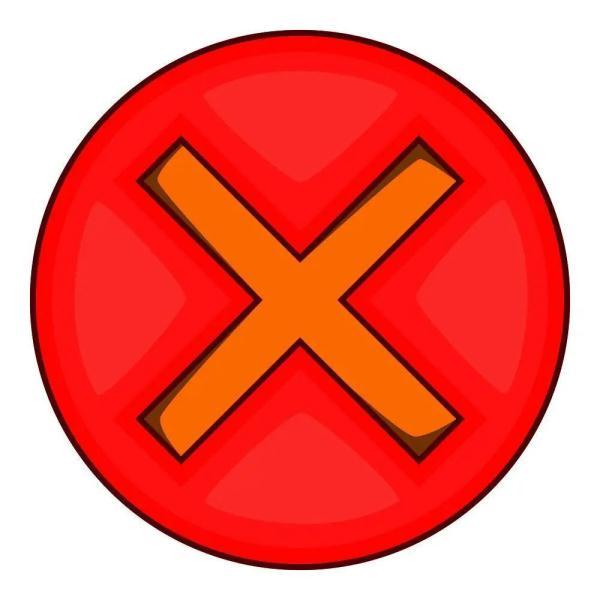
If you answer "No" to all the above questions,
You can continue to do fitness exercises,
But please note:
(1) Take part in a large amount of exercise or exercise intensity exercise step by step to avoid excessive fatigue;
(2) Take part in further health evaluation, and make the best fitness plan accordingly.
In recent years, with the in-depth implementation of national fitness, people’s participation has been continuously improved, and "more exercise and less illness" has increasingly become a social consensus. What are the important principles of the scientific movement? How to avoid sports risks? Look down ~
Late-night exercise is extreme
In fact, when to exercise has little influence on the fitness effect. From the factors that affect the fitness effect, the key is that the exercise load should match the physical health of the individual.
However, sweating exercise in the middle of the night when you should be sleeping may be a reduction in your health. Because it may disturb the biological rhythm.
For office workers, it is more appropriate to squeeze out 30 minutes to 1 hour for exercise before dinner after work. If you occasionally work late under special circumstances, such as getting off work at 10 o’clock in the evening, and you really want to exercise, it is recommended to take a light activity for 30 minutes and sweat.
Exercise is systematic and long-term. If you don’t exercise one day, you can continue to exercise later. It is not necessary or encouraged to exercise late at night.
Choose a sports environment according to the weather
Don’t exercise in cold, hot, high humidity, strong wind, polluted and radioactive environment;
The temperature difference between spring and autumn is large, and the temperature is low in the morning and evening. Pay attention to the influence of temperature and wind when exercising;
Exercise in summer should guard against heatstroke;
If there are special circumstances such as smog and sudden drop in temperature in winter, it is not recommended to do outdoor sports.
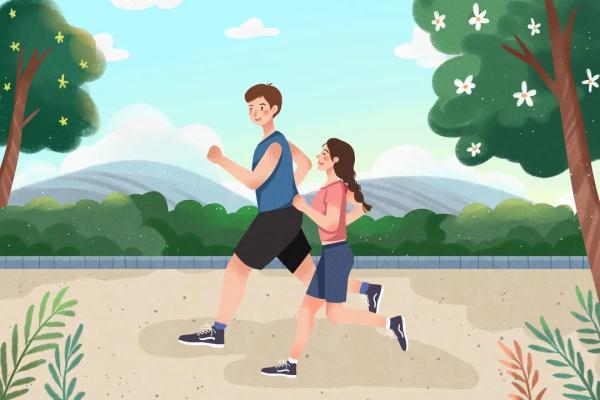
Basic principles of scientific movement
Safety principle
It is very important to do warm-up activities before exercise and stretching exercises after exercise, but the latter is often ignored by many people. During exercise, human muscles constantly contract and exert their strength, and their elasticity decreases. If they don’t stretch for a long time after exercise, these problems may be brought about: local inflammatory factors and metabolic wastes can’t be discharged, which leads to increased fatigue and slow recovery; The next training with fatigue will increase the risk of injury and induce sports injuries such as "running knee".
Studies have confirmed that stretching after exercise helps to relax muscles and improve muscle elasticity, which is one of the "magic weapons" to reduce sports injuries. Stretching practice time should be at least 10 minutes, or about 1/3 of the duration of exercise.
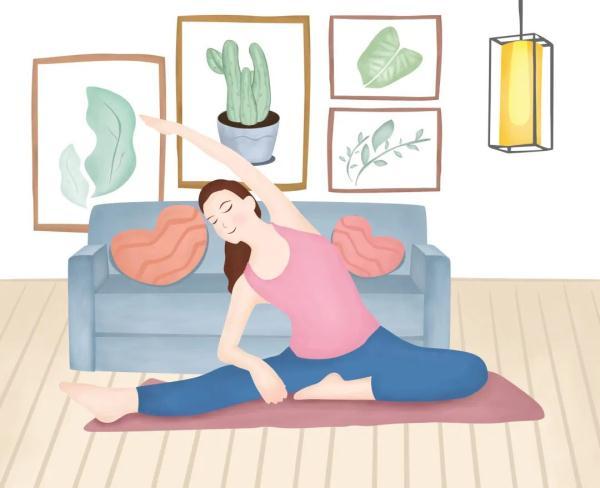
Principle of comprehensiveness
Different types of exercise will bring different fitness effects, and the exercise style is better, including aerobic exercise, strength training and flexibility training.
Aerobic exercise can make people’s heart and lung function better, and it also directly affects the activity ability of the whole body organs;
Strength training helps to improve muscle strength and avoid problems in daily activities such as walking, running and jumping caused by insufficient strength;
Flexibility training is stretching exercise, which can improve the stretching ability of muscles and effectively prevent sports injuries.
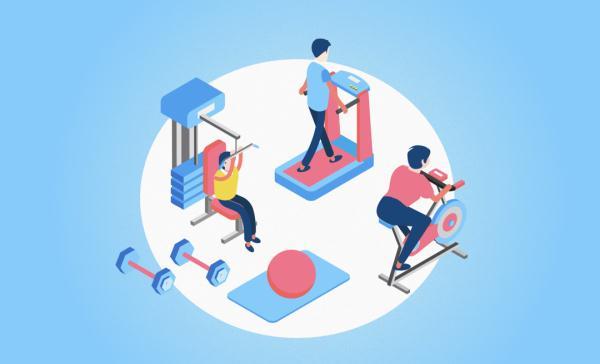
Accuracy principle
As long as the fitness action standard and exercise load are reasonable, sports injuries can basically be avoided. The "fake" action of posing, not exerting force and nonstandard "wrong" action are the main causes of sports injury accidents.
For example, "sit-ups with your head in your arms" is a typical nonstandard movement, which may lead to sports injuries. If your hands are lightly placed behind your head or on your ears or chest, you should mainly use your abdomen to pull your trunk, instead of using your hands and head, which is not harmful, but also can exercise your core muscles well.
Principle of gradual progress
The frequency of exercise varies from person to person. Generally speaking, you should exercise at least three times a week, and it is best to gradually increase it to five times a week to ensure the fitness effect.
No matter what your physical fitness level is, you should do what you can when exercising, and you can’t ignore the signals sent by your body.
If you have dizziness, dizziness, chest pain, nausea, shortness of breath, palpitation, vomiting and other symptoms during exercise, you should stop exercising immediately and seek medical advice in time. If you have persistent and obvious fatigue after exercise, you should appropriately reduce the exercise time or times. When you feel in good physical condition, you can also exercise for a while.
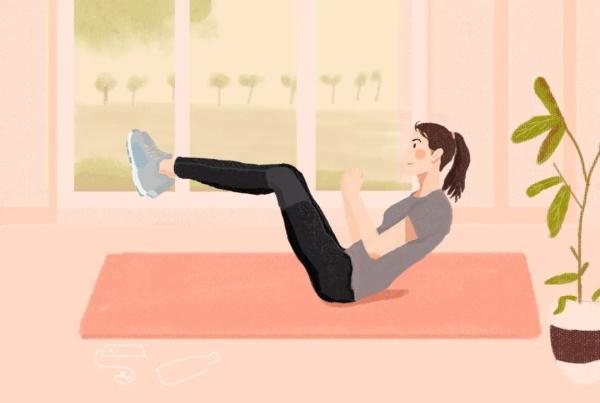
Perseverance principle
To achieve good fitness results, it is essential to participate in sports persistently.
It is suggested that according to one’s physical health and sports ability, an achievable exercise goal should be established and a feasible exercise plan should be made. Work and rest should be combined in life to avoid giving up the exercise plan because of being too busy or too tired; We should understand sports from the height of "exercise is a part of life" and stick to it for a long time.
Transfer from: People’s Daily Online
Source: National Healthy Lifestyle Action
关于作者